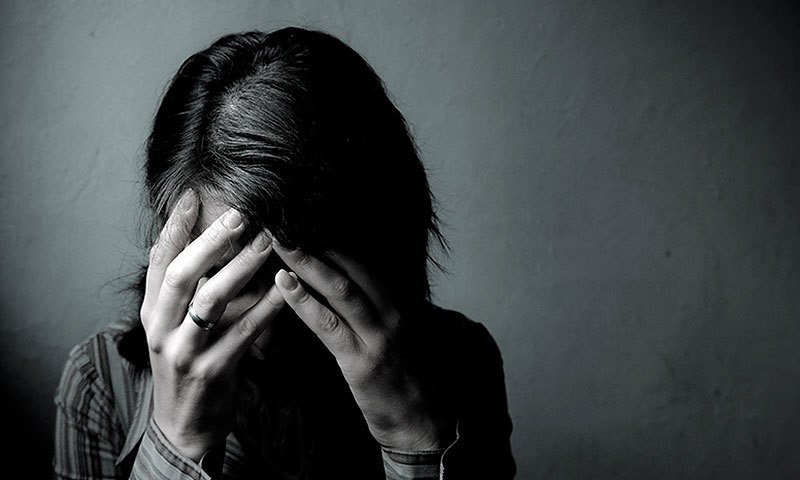We live in a country where there isn’t necessarily a lot of focus around the topic of mental health.
One’s mental well-being does not, unfortunately, fall under one’s list of priorities. This has a lot to do with how there isn’t a lot of conversation around these topics, to begin with. Add the concept of depression after pregnancy, and most people will fail to acknowledge that a medical condition could exist in such a scenario. But it does. It exists as postpartum depression.

Postpartum depression is a sense of sadness that mothers may feel soon after giving birth.
Here’s a simple definition from WebMD that might help.

Moreover, here are a few symptoms, categorized according to the varying degrees of postpartum depression.
These symptoms apply to postpartum baby blues.

While these symptoms apply to postpartum depression.

And these symptoms apply to the more severe form – postpartum psychosis.

Gulamani Shaikh, from Nursing for Women’s Health, has stated that the prevalence rate of postpartum depression in Pakistan ranges from 28 to 63 percent.
With a prevalence rate in that range, dissecting the why and how of the condition becomes all the more important.

Elaj Trust released a short video to start a discussion around the very same.
The video shows a frazzled mother trying to tackle postpartum blues, while her husband, seemingly oblivious at first, assures her that everything will be alright.
You can watch the video here:
Postpartum Depression – #IlmSeElaj
"Postpartum depression (PPD) is common among women in Pakistan, with a prevalence rate ranging from 28 percent to 63 percent, placing it among the highest in Asia. PPD has devastating effects on mothers, infants and families. Several factors contribute to the development of PPD in Pakistan, including environmental, cultural and social factors." (Gulamani, Shaikh, Chagani, Nursing for Women's Health, 2013)Mothers also experience a relatively less serious condition known as Postpartum blues and some experience a far more serious condition known as Postpartum Psychosis. It is advised that all pregnant women should consult their doctors about postpartum depression and those with a history of mental illnesses in their family are specially advised to inform their doctor of the said history. For details on symptoms of Postpartum Depression please refer to: http://www.mayoclinic.org/diseases-conditions/postpartum-depression/basics/symptoms/con-20029130If you liked this message than please support us in creating more awareness around mother and child health. To Donate:Account Title :ELAJ TRUSTBank: Summit BankAccount Number:01990526001714110633IBAN: PK73SUMB9905207140110633Swift Code:SUMBPKKAWritten and Directed by: Mansha PashaProduced by: Elaj TrustLine Producer: Nadir ShahzadDir. of Photography: Salar YousufzaiCast: Fahad Mirza and Mansha Pasha Editor: Sourath Behan Audio Engineer: Mohammad Ali Graphics: Amna Abbas Stats/Research: Dr. Talha Rehman Camera Department: Ashraf – Azadfilms Production Assistant: Osama Mehtab Makeup: JosephineSpotboy: Irfan
Posted by ELAJ on Montag, 2. Oktober 2017
The video contains an extremely powerful message, encapsulated in a simplistic manner. It’s a great way to start a conversation around the topic. Viewers are weighing in on the matter as well.
People consider it a great effort in trying to highlight the importance of mental health.

And many were glad that the condition was getting the attention it deserves and needs.

It helped some mothers open up about their own struggles.

And some mothers talked about how their families were not ready to digest the concept of the condition.

However, everyone agreed that this was something that needed to be focused on.

Let us hope that the conversation this video has started leads to more awareness that eventually equips mothers with the ability to combat this condition.
What do you think of this? Share your thoughts in the comments below.
Cover image via Elaj Trust